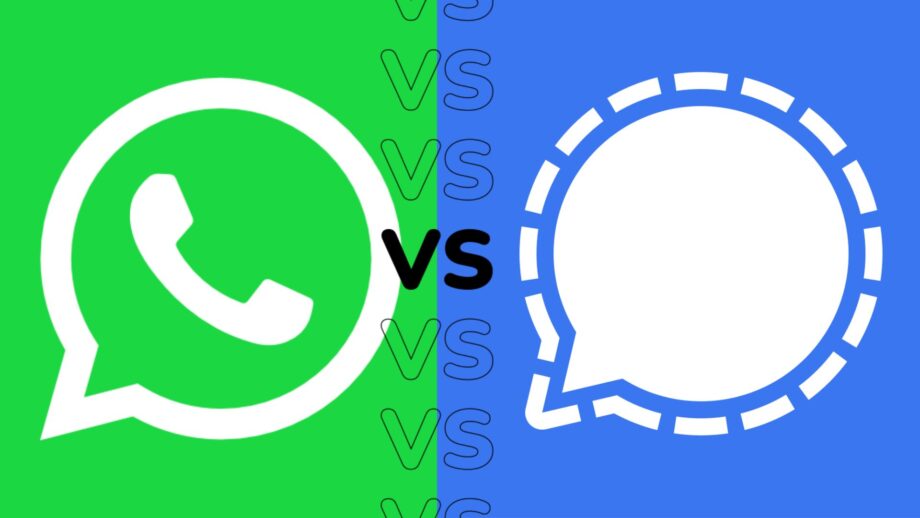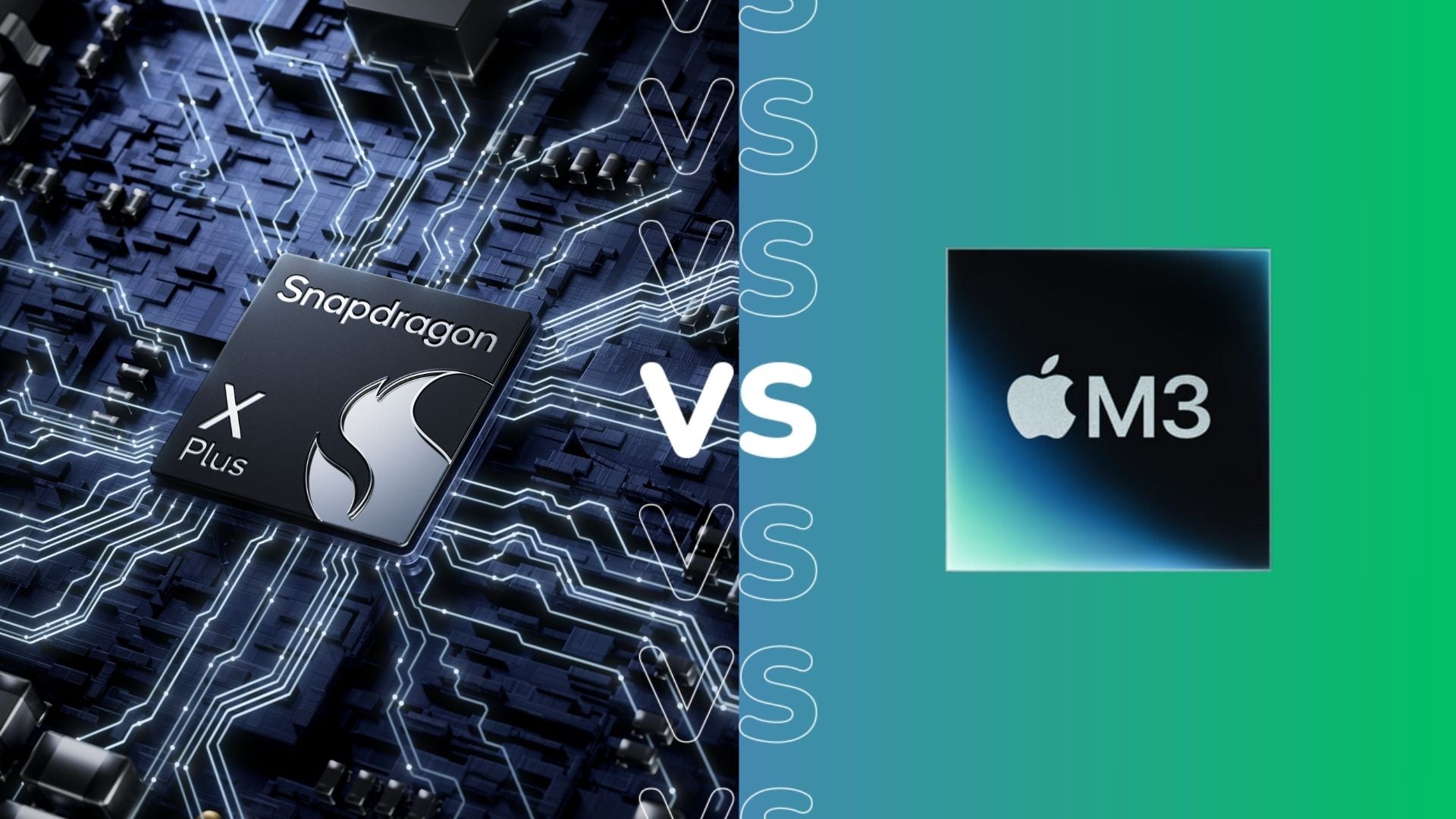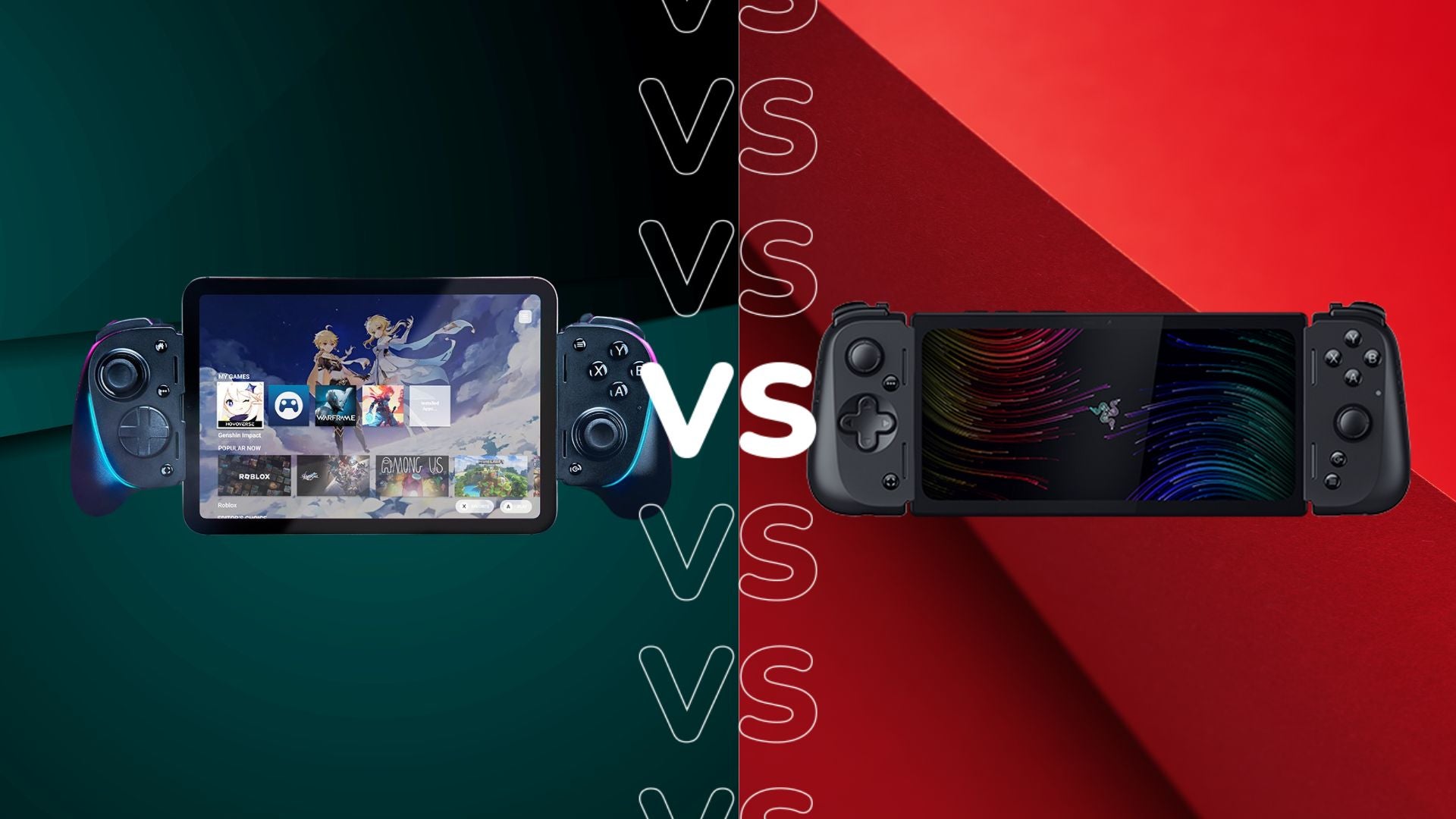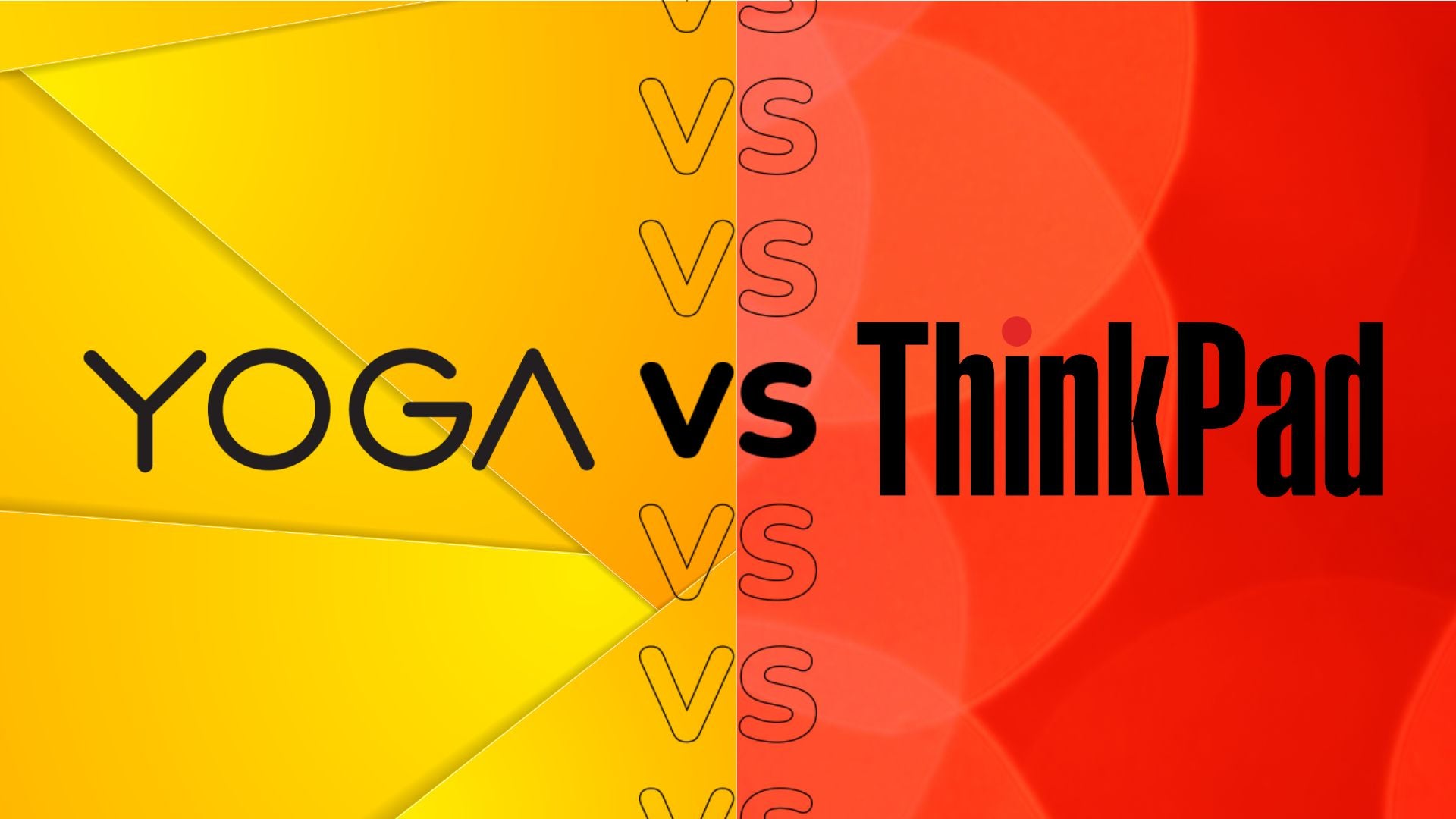WhatsApp vs Signal: Which messaging app is better?

You have likely come across both WhatsApp and Signal, but which messaging app is the easiest, and safest, to use?
We’re going to be running through some of the key advantages of both Signal and WhatsApp to see how much they differ, so you can decide which messaging app is right for you.
Which platform is more secure?
Both WhatsApp and Signal use the same encryption protocol developed by Open Whisper Systems. This is open-source and peer-reviewed software, making it one of the most trustworthy end-to-end encryption services in use.
However, Signal does have some advantages over WhatsApp, even though they use the same encryption service. In a nutshell, when you send a message or photo, metadata is also sent out. Metadata includes information about when the message was delivered, who it was sent to and more. Metadata is not protected by end-to-end encryption, meaning that while the content of your message is safe, a lot of information can still be gleaned from it.
Signal has developed a technology for protecting metadata called Sealed Sender. This allows for metadata to be hidden, giving you an added level of security and privacy. WhatsApp does know the IP address and technical information showing that the request comes from the WhatsApp app.
Moreover, you need to consider data sharing when downloading a new messaging app. Data sharing includes information like your phone number, contacts, location, media and device details, essentially any information that is already on your phone.
WhatsApp does not store messages, but if a message cannot be delivered immediately, it is kept in an encrypted form on the servers for up to 30 days before it is delivered. If it is not delivered, it is then deleted. It does keep track of how often you use the WhatsApp app and your usage habits whilst in the app.
Signal also does not store its messages, and it will not try and link this phone number to an identity, meaning that it won’t have access to your location, email, or other private information.

Save 81% on a VPN with SurfShark
Surfshark has dropped the price of its VPN to £1.94 a month. Head over to Surfshark now to pay a one time price of £46.44 for 24 months of Surfshark and save 81%.
- Surfshark
- 81% off
- £1.94 a month
Who owns WhatsApp and Signal?
The company that owns each service is something you will want to keep in mind when you sign up. WhatsApp is currently owned by Meta, formerly known as Facebook. Due to this integration and WhatsApp’s privacy policy, your information will be shared in order to help Meta better customise its user’s experiences.
Signal is instead owned by the Signal Technology Foundation, which is a registered non-profit that is run on donations from its users. Due to this, Signal does not need to share its user’s information with third-party apps and it’s unlikely that this will change in the future.
Verdict
Overall, if security and privacy are your biggest concern, Signal is by far the more secure service. While both services do use end-to-end encryption, Signal takes extra steps to ensure that the metadata information of its users is kept private and does not go out of its way to collect extra data on its users.
Since Signal is an independent and non-profit organisation, it is also unlikely that it will ever change its privacy policy, which cannot be said for WhatsApp, which falls under the Meta umbrella.
While we wouldn’t necessarily recommend that you immediately stop using WhatsApp, you may want to turn to Signal if you’re looking for the best protection available.








